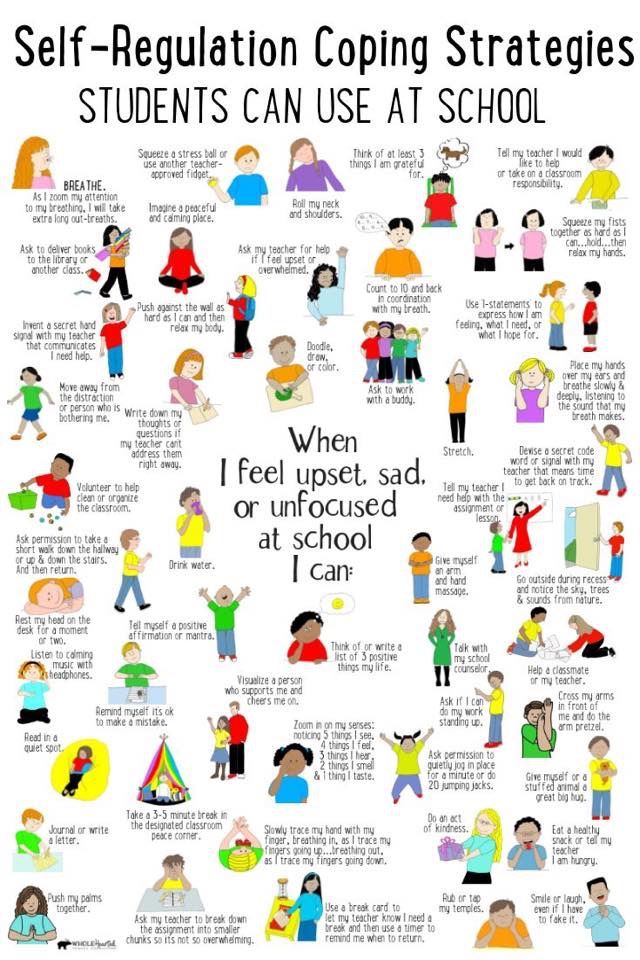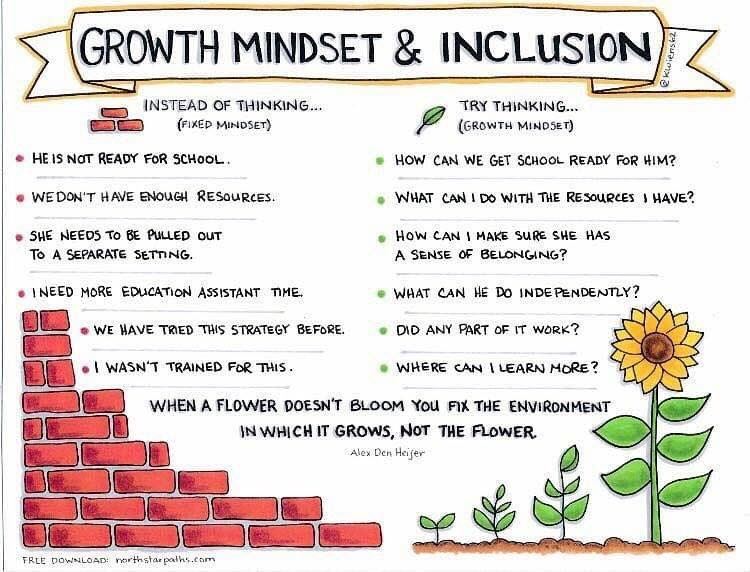Communication Tips
Everyone can benefit from gaining new communication skills – neurodiverse children and adults, family members, friends, students and teachers, employers and work colleagues. For some autistics small talk is more of a challenge or knowing when or how to start or end a conversation, and what to talk about. We may use less eye contact so we can hear and process what you say better. It can be more difficult for us to understand the unwritten 'social rules' that most others sense without thinking, so social interaction can be stressful and confusing. It can be difficult for us working out what other people know or guessing what other people are thinking or their personal space. So a person with autism may unintentionally stand too close or choose an inappropriate conversation topic or need to withdraw and take a break. Socialising can be exhausting for us. Please support and, if we ask, coach us in what to do. For allies: These tips help clear communication and realistic expectations and avoid sensory overload:
Tips for autisics:
The communication tips listed above can be useful in any situation, obviously, with anyone, irrespective of autistic or neurodiverse personality traits. |   |


